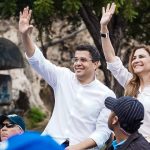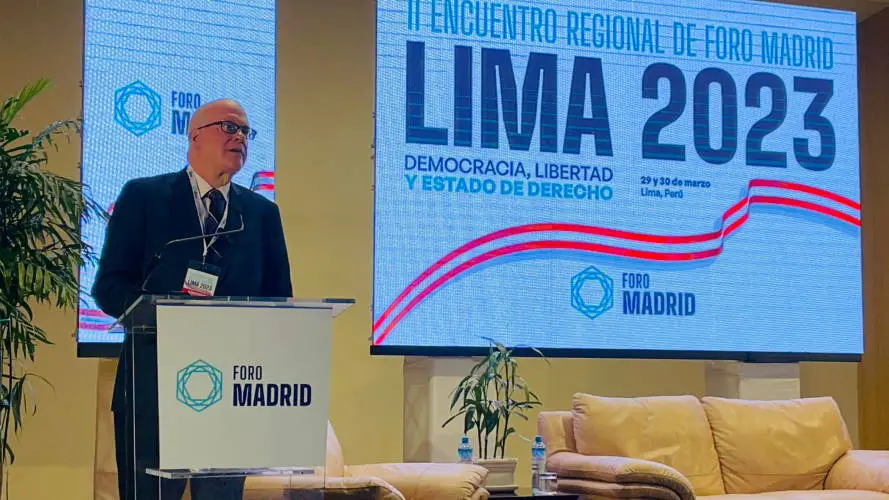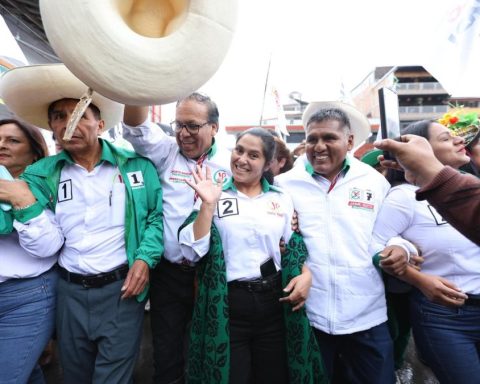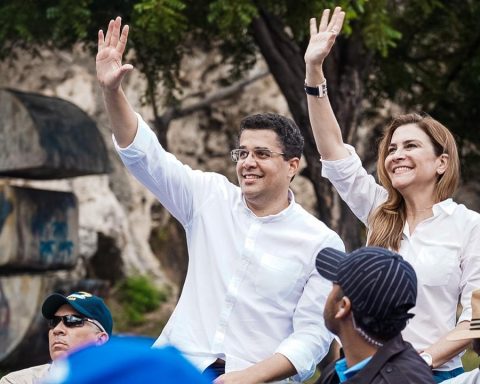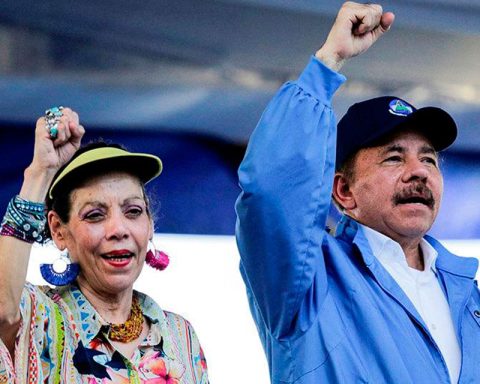The Nicaraguan Observatory Urnas Abiertas and the Center for Research and Political Studies (CIEP) of the University of Costa Rica (UCR) presented the book Overseeing Local Power. The work presents academic and journalistic investigations on corruption in local governments in Nicaragua.
In the event, held on Wednesday, March 29, at the UCR, participated Alonso Ramirez, deputy director of the CIEP; TOAlberto Cortes Ramos, professor at the School of Political Sciences of the UCR and researcher at the CIEP; Umanzor Lopez Baltodano, political scientist, independent researcher and author of the first chapter of the book; Maria Jose Cascante, researcher and vice-rector for Student Life at UCR and Daniel Lizarraga, investigative journalist and editorial coordinator of the book.
Related news: Municipalities of Nicaragua, postponed in transparency and accountability
Olga Valle, director of Urnas Abiertas, said that with this book they hope “to be able to offer rigorous information on how corruption manifests itself at the local level, but above all we hope to be contributing to the fight against corruption in the future democratic transition, because there is no a linear effect between democratization and corruption”.
Valle explained that corruption will not be automatically eradicated when the government changes, but “profound transformations are required to achieve a country with democracy, justice, equity, and transparency.”
For his part, the deputy director of the CIEP, Alonso Ramírez —who was present at the event— pointed out that the investigative work is expected to “be a starting point to continue investigating and delving into a serious phenomenon that has been occurring in Nicaragua and Central America in general: the increase in corruption and its relationship with the growing authoritarianism of the political regimes in the region».
What topics does the book address?
Regarding the content of the book, the first chapter is made up of the academic work “Corruption and authoritarianism in Nicaragua: an introduction to a research agenda”, written by the political scientist Umanzor López Baltodano.
According to Urnas Abiertas, this academic article argues “that personalist authoritarian regimes are more corrupt because they eliminate the power of authoritarian institutions that in other types of autocracies limit the actions of the dictator in power. It also examines the particular case of Nicaragua reflecting how corruption has increased significantly hand in hand with the personalization and deinstitutionalization of the Daniel Ortega regime.
Related news: Open Polls: Nicaraguans, “dissatisfied” with the performance of their mayors’ offices
The second chapter comprises a series of four journalistic investigations written by Nicaraguan reporters —who preferred not to sign their work for security reasons— and edited by investigative journalist Daniel Lizarraga.
«This section takes a tour of one of Ortega’s campaign promises in 2006 “zero tolerance for corruption”, presents the story of a businesswoman who benefited from important contracts from the Managua Mayor’s Office, reveals a corruption scheme on the part of the Bank Corporativo (BANCORP) and consolidates the accusations of the participation of the mayors of the municipalities of Matagalpa, Masaya and Jinotepe in the State crimes committed in 2018 in Nicaragua, “said the Observatory.
While the third chapter of the book makes an exercise to describe and characterize corruption and its manifestations at the municipal level, based on the investigative effort of the citizen networks of Open Ballot Boxes.
The investigative work concludes that corruption is a systemic problem in Nicaragua that has affected the management of public resources and has eroded the confidence of citizens in the democratic system, a problem that has deepened and spread during the Ortega dictatorship and Murillo, due to his personal character and the weakening of the democratic rule of law.
Related news: Murillo extols “gender equality” in mayors’ offices, but is silent about fraud and a single party to award them
He also emphasizes that “in order to eradicate this phenomenon in the democratic transition, it will be necessary to adopt a comprehensive strategy that is appropriate to the historical and national reality and that includes institutional and cultural changes.”
Another piece of information that Olga Valle highlighted from the book Supervising Local Power is that it presents a relationship between the Daniel Ortega regime and the levels of corruption that exist in the country.
“In order to demonstrate and demonstrate this situation, we work with four different case studies, one linked to a company that has received more than six million dollars from the Managua Mayor’s Office, one of the companies that is part of the Fidel Moreno cartel. and also the impunity that the mayors who have been participants in the state crimes committed in 2018 still have and as well as money that had to reach the Mayor’s Office from Bancorp and did not arrive, “Valle explained to Article 66.
The book Supervising Local Power, which evidences the acts of corruption of the regime of Daniel Ortega and Rosario Murillo, is available digitally on the Urnas Abiertas website www.urnasabiertas.com.








